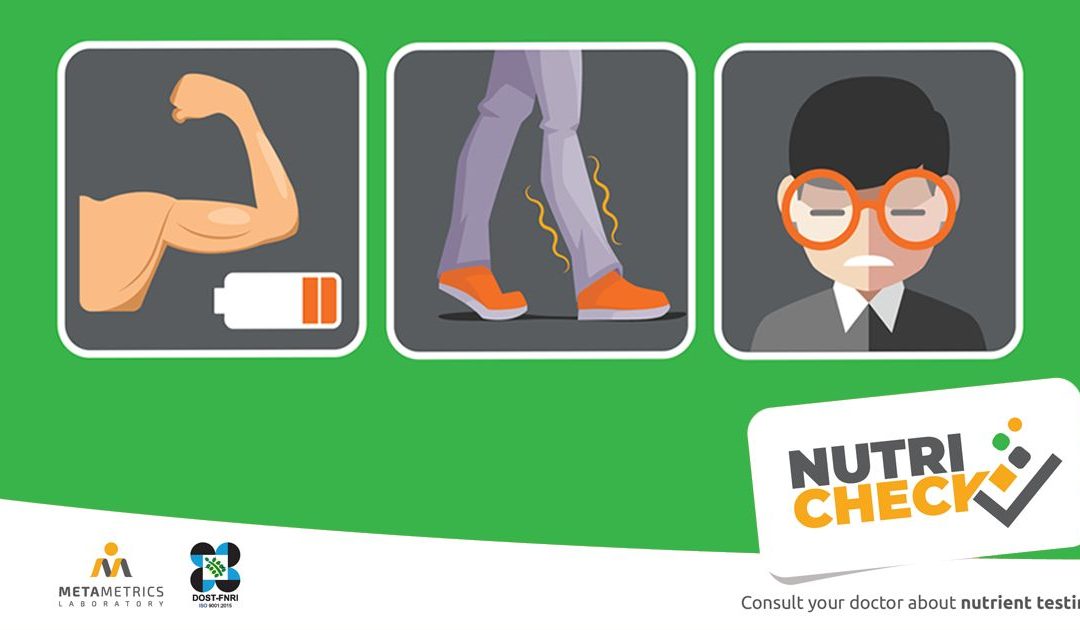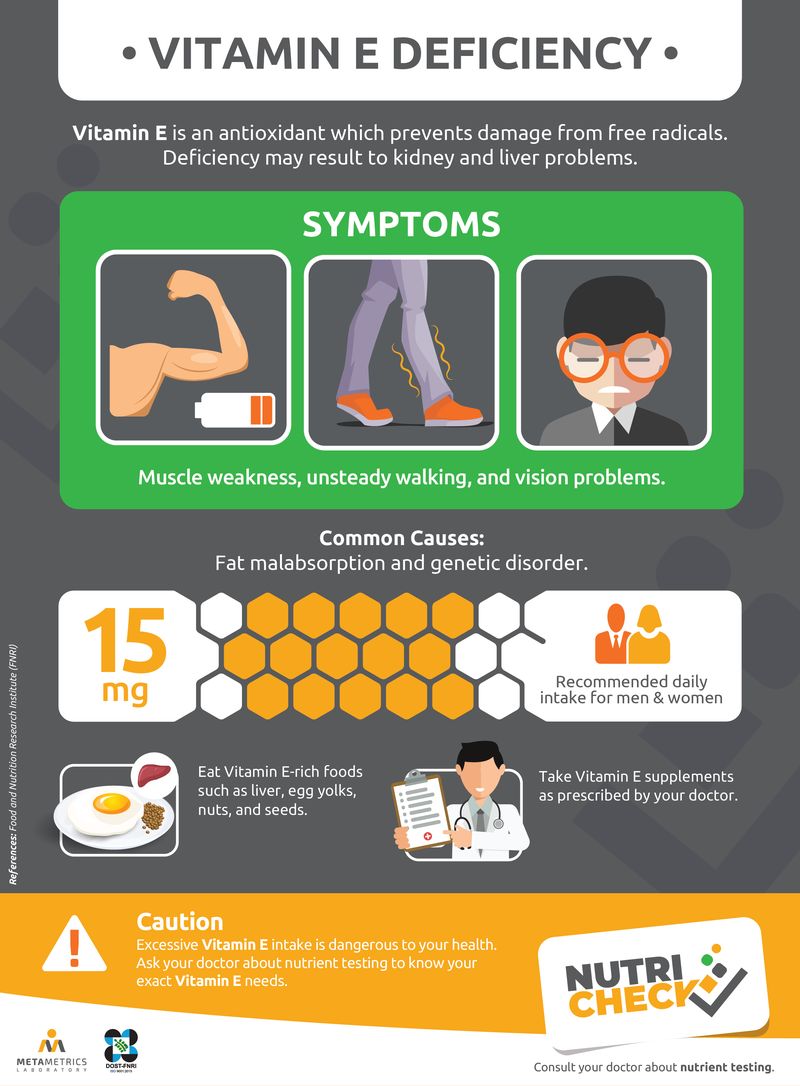Dry and Pale Skin? You Might Be Vitamin E Deficient
Have you experienced frequent dryness and paleness of skin? Whether it is caused by environmental factors, harsh beauty products, or an underlying medical condition, having these skin concerns at the same time can be uncomfortable and frustrating.
These skin conditions are usually normal. However, when these problems occur more frequently than usual, chances are you have Vitamin E or Alpha-Tocopherol deficiency.
Alpha-Tocopherol is a vitamin and antioxidant that is vital for the maintenance of healthy skin, hence its prevalence in numerous beauty products. It primarily serves as the skin’s barrier against UV radiation, free radicals, and reactive oxygen species that contribute to skin aging.
Vitamin E is fat-soluble, therefore can also cause toxicity. Early indications of toxicity include nausea, blurred vision, diarrhea, and rashes. On the other hand, indicators of deficiency include dry, pale skin, hair loss, neuropathy, myopathy, and impairment of immune responses.
To combat deficiency and toxicity, the Food and Nutrition Research Institute (FNRI) requires daily Vitamin E intake of 15 mg for adult men and women. FNRI also suggests eating Vitamin E-rich foods such as spinach, broccoli, and vegetable oils such as sunflower, soybean, and corn oil. Always be mindful of your Vitamin E supplement intake to avoid toxicity.
Discover more information about Vitamin E below:
Ask your physician about Derma Nutrient Test to determine if you are Vitamin E deficient. This test includes an analysis of other nutrients that are vital to a healthy, youthful skin. An accurate diagnosis of your Alpha-Tocopherol levels can guide your doctor recommend a personalized dietary and supplementation plan that will help maintain a healthy amount of Vitamin E.
#NutriCheckPH





